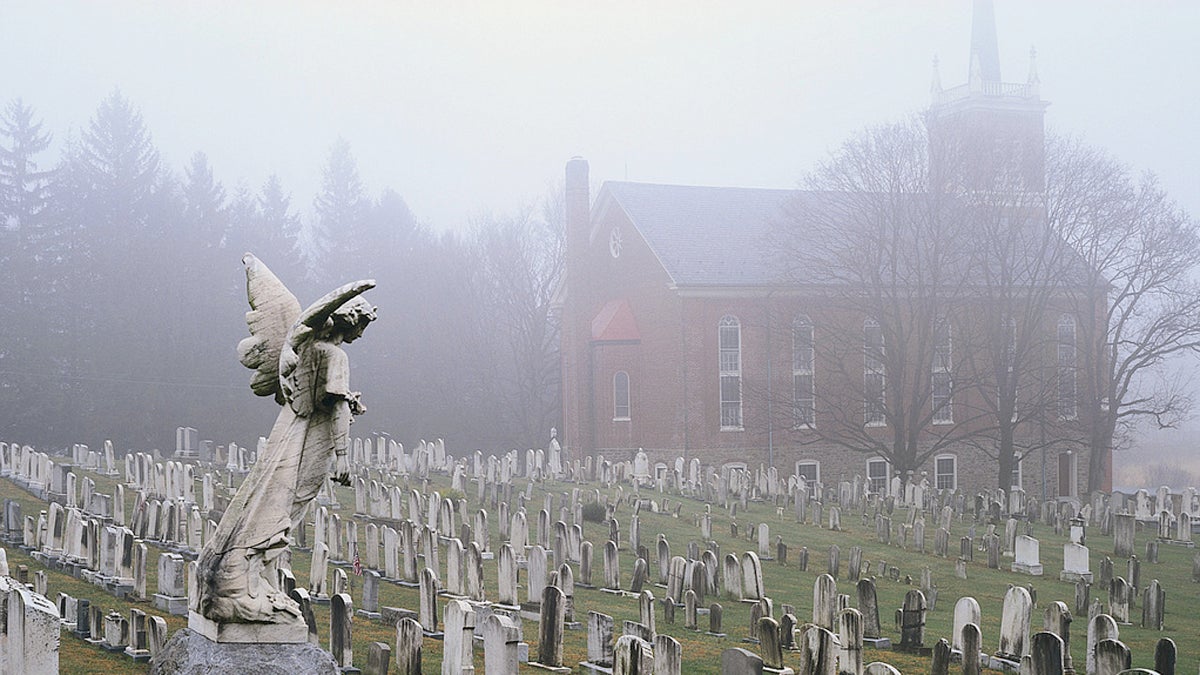The rituals and reasons behind laying the dead to rest
Listen
Burial practices have changed over time
Buried, burned…eaten by birds. We are defined by our final resting place.
Every culture has their own unique ways of dealing with the important stages of life. Similarly, each culture has its own rituals for death. According to Thomas Laqueur, who explores these practices in his new book “The Work of the Dead: a Cultural History of Mortal Remains,” how we deal with our dead helps define our understanding of life.
The origin of humanity’s funeral rites is still a mystery to paleo-archaeologists, despite a steady stream of new discoveries, including that of the bones of homo naledi in the Rising Star cave system of South Africa announced back in September. However, Dr. Laqueur categorizes most rituals by the ancient elements: earth (burial), fire (cremation), water (burial at sea), and air (eaten by carnivorous birds).
Just as each culture has a right way of caring for the remains, there are also vindictive methods in which a culture can exact punishments on the remains of those who’ve passed on. These trends are apparent in history; revolutionaries who wish to castigate monarchs by digging up their corpses and spreading their ashes. Criminals and traitors denied a final resting place.
“Scattering bodies is a violent act, both traditionally and politically,” reflects Dr. Laqueur.
Such exploits are rooted in the undeniable presence that the dead have. Even the name of a loved one is a sufficient enough representation of who they once were. This focus on names, Dr. Laqueur observed, is a new change in the past century. Branded on graves and memorials, he does not believe that names are an attempt at immortality. Instead, he considers them a means for people to commune with their deceased loved ones.
Whatever new trends or changes the future holds, Dr. Laqueur is certain that it will always be an important aspect of our humanity.
“Let’s just say that caring for the dead is the moment in which we humans emerged from nature into the world of culture,” Laqueur concludes.
WHYY is your source for fact-based, in-depth journalism and information. As a nonprofit organization, we rely on financial support from readers like you. Please give today.



